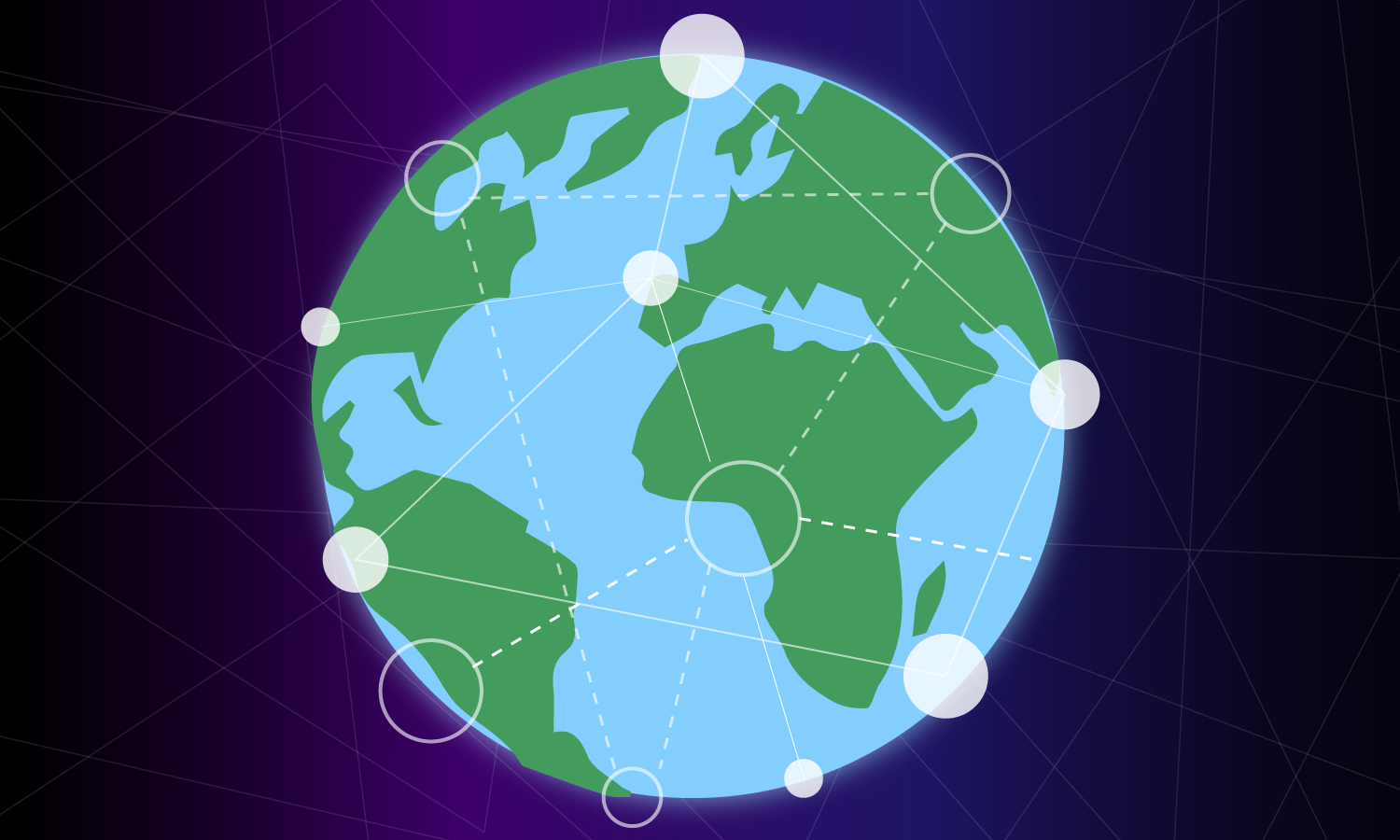Globalization has been a popular term in the business world within the last few decades. A word that started to pick up around the 1980s, globalization is the process in which businesses and/or organizations operate on a international scale and develop influence based on this.
With technology developing at an increasing rate, it is becoming easier and easier for businesses to expand their reach. But what does that mean for your supply chain? Continue reading to find out more about some of the pros and cons:
PROS
Connectivity:
More than ever before, the sky is the limit when it comes to connections. With the rise of the digital age and the Internet of Things, connecting with others has become so accessible. It is easy to form and maintain relationships across the globe. Globalization has simplified the communication between business owners and clients, allowing for better transparency throughout the supply chain process.
Growth:
Globalization has created more opportunities for businesses to grow in all aspects. With communication being so effortless, companies can sell more, produce more and offer more choice. But growth is not limited solely to business owners. Globalization has also allowed for markets to expand and diversify. More competition stems within this growth, which promotes companies to continually think outside of the box. This benefits consumers greatly, since this boosts standards. It acts as a sort of quality control for businesses to continue to outdo themselves and strive for excellence.
Integration:
With the community-like feel globalization can offer, it has allowed people all over the world to collaborate. An example of this is co-branding. Especially in fashion and design, we regularly see brands working together to release special, limited edition designs. This act of sharing and joint effort not only boost sales for each brand respectively, it also attracts a lot of media attention and promotes creative and innovative thinking. To read more about partnerships in supply chain management, click here.
CONS
Increased Risk:
When companies operate on a global scale, there’s a higher risk of supply chain being affected by external factors. Things like political uprisings, natural disasters and economic recession can have a big impact on your business. For example, political uprisings in the Middle East have made it harder for gas companies to access petrol and oil. As a result, gas prices went up as supply dropped. Business owners who operate outside of their home country need to keep that in mind and have strategies to implement when problems do occur.
Less Predictability:
A growing market means more demand, which leads to a greater need for supply. This may be good for businesses in a lot of ways, but something that is often overlooked is that it also makes trends less predictable. One of the biggest contributors to this is data collection. As the amount of data increases every day, it becomes harder to analyze all of it. As a result, it becomes more challenging to keep track of trends.
More channels, more problems:
As the number of supply channels increases, so does the chance of errors. With more steps and destinations added in the supply chain timeline, without proper management and organization, it is easy to lose track of where everything is going. Supply chain management is more complex than ever before, therefore having a strategic ecosystem is key. One small mistake can be disastrous.
A company that had a bad experience in the past was Toys R Us. By accepting more orders than they could fill, they were unable to deliver toys for customers in time for Christmas, therefore ruining their reputation and public image. On a lighter note, a company that demonstrates good inventory management is Amazon. With so many products and delivery destinations to manage, they are leaders when it comes to supply chain.
Overall, globalization has changed the world and continues to help society move forward. Like many things, it does have its pros and cons, but there is no denying that globalization has not just changed the supply chain, but business as a whole.



